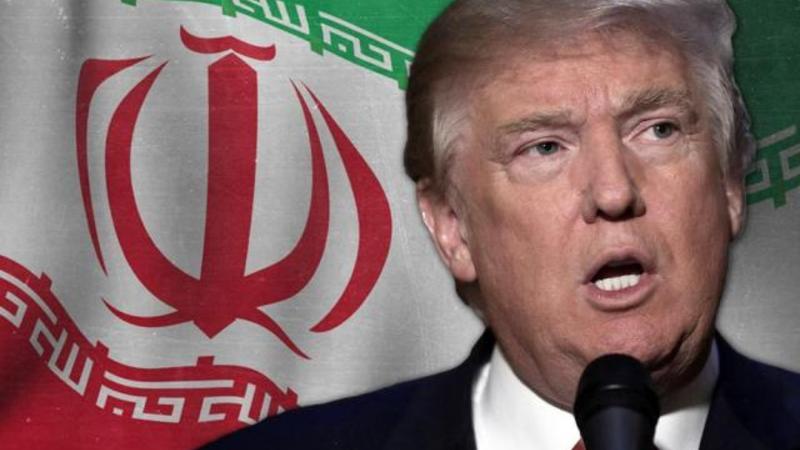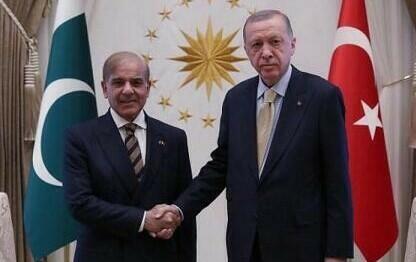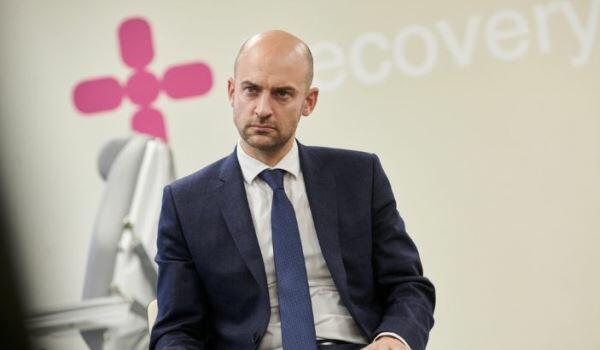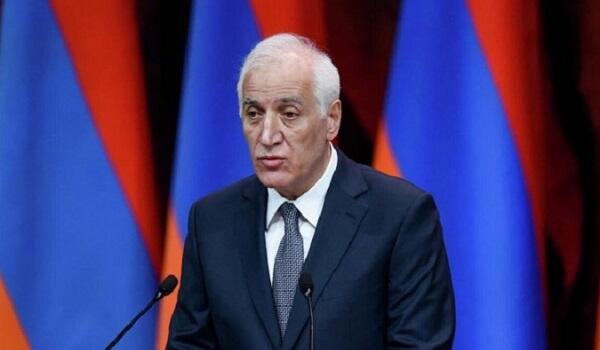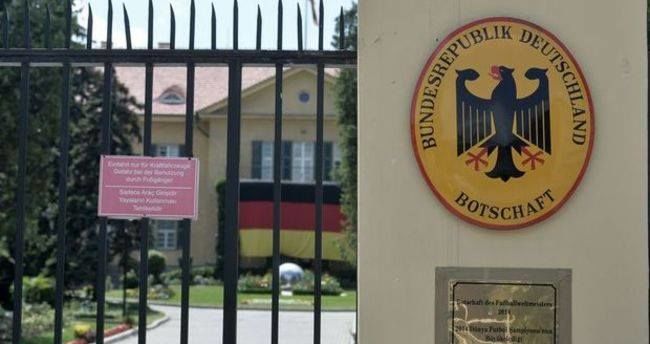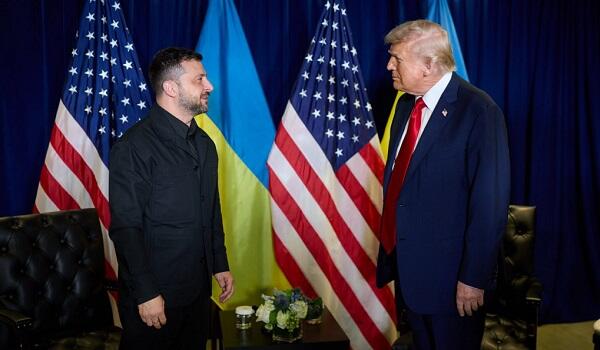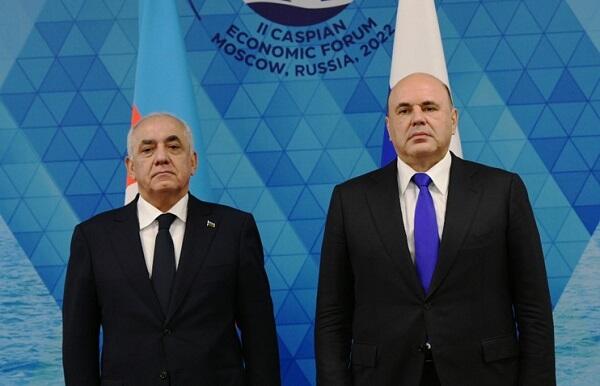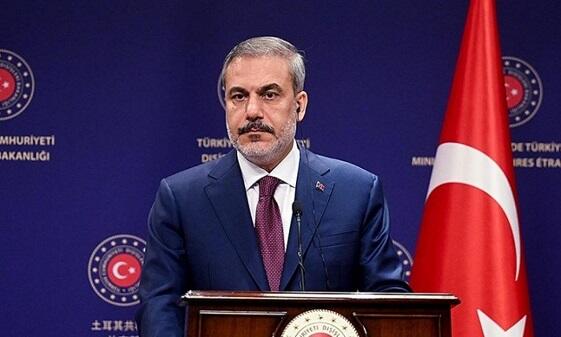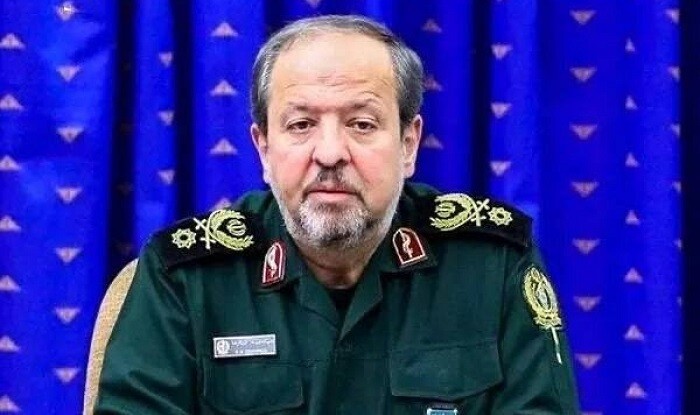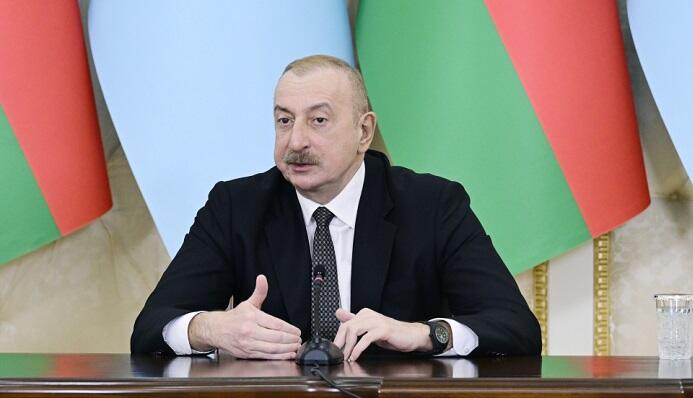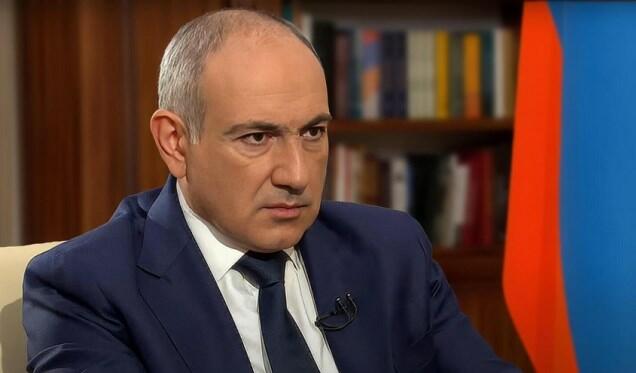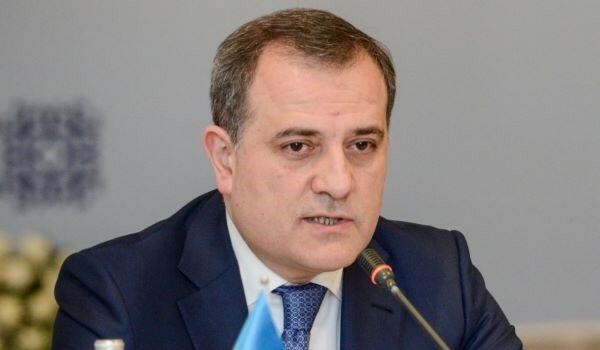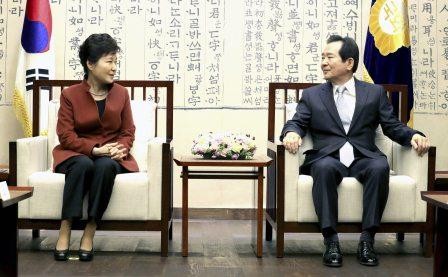President Park Geun-hye of South Korea on Tuesday asked
rival political parties to recommend a new prime minister, making a
major political concession in her efforts to defuse an
influence-peddling scandal that has crippled her government for
weeks.
During a meeting with Chung Sye-kyun, the speaker of the
National Assembly, Ms. Park made the proposal, essentially
retracting the appointment, made six days ago, of her own candidate
for prime minister. That candidate, Kim Byung-joon, was rejected by
the opposition parties who together control a majority in
Parliament.
Instead, they demanded that Ms. Park cede some of her
presidential policy-making power, especially in economic and other
domestic issues, to a prime minister recommended by Parliament. (In
the meantime, Prime Minister Hwang Kyo-ahn, whom Ms. Park had
wanted to replace with Mr. Kim, remains in office.)
The concession was another political blow to Ms. Park, and new
evidence of her much-diminished political authority as the scandal
continues to unfold. She has tried to regain public trust by
reshuffling her cabinet and presidential staff.
Despite such efforts, surveys showed that she had become the
least-popular president since South Korea moved to democracy in the
late 1980s. On recent weekends, tens of thousands took to the
streets calling on her to step down.
In the past week, prosecutors have arrested Choi Soon-sil, a
friend of Ms. Park’s for 40 years, on charges of using her
influence with the president to extort $69 million from big
businesses in the form of donations to two foundations she
controlled. Two former presidential aides of Ms. Park were placed
under arrest on charges of helping Ms. Choi with her plans or
providing her with confidential government documents for her
reviewing.
The scandal involving Ms. Choi was particularly inflammatory in
South Korea, partly because of her background.
She is the daughter of a religious cult leader named Choi
Tae-min who befriended Ms. Park in the mid-1970s, when Ms. Park’s
father, Park Chung-hee, a military dictator, was still in
power.
Mr. Choi, a shadowy figure with several pseudonyms, was believed
by many to have exercised a Rasputin-like power over Ms. Park and
to have used it to collect bribes. He died in 1994.
After Ms. Park took office as president in early 2013, rumors
persisted that Ms. Choi exerted an undue influence on Ms. Park, who
had few relatives or friends she could trust, to meddle in
government affairs, installing her associates in the government and
helping them win large government contracts.
Some of those suspicions seemed to be vindicated on Oct. 25,
when Ms. Park acknowledged that she had let Ms. Choi edit some of
her most important speeches. Ms. Park later also apologized for
letting her guard down on Ms. Choi and failing to prevent what has
been alleged to be her influence peddling.
Prosecutors said Tuesday that they had raided the offices of
Samsung, South Korea’s largest conglomerate, to look for evidence
that the business had provided illegal financial support for Ms.
Choi’s daughter, who is an equestrian.
